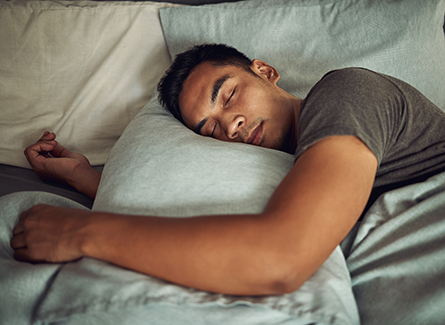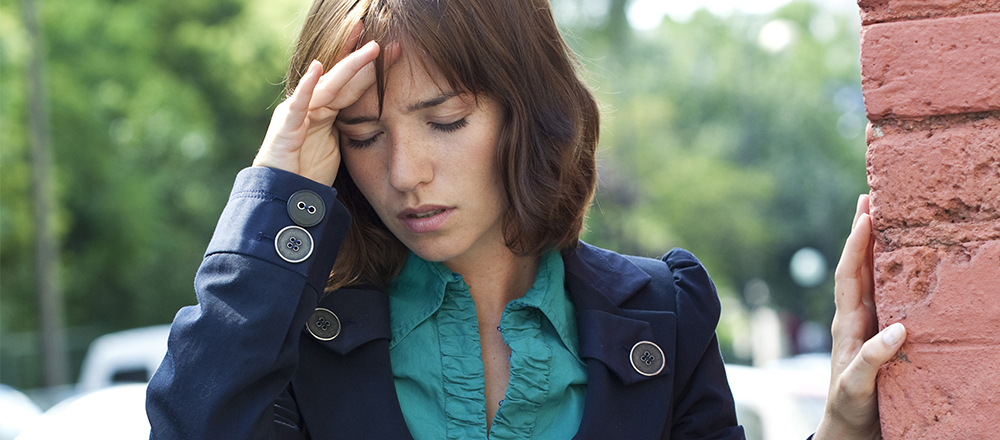
Feeling too tired to read this article? Stay with us: this may be just what the doctor ordered.
The cold, hard truth is most of us don’t have sleep disorders. We likely just feel tired because we aren’t setting ourselves up for optimal sleep. Fortunately, good sleep hygiene — which refers to the habits and practices that help us go to sleep easier, sleep deeper throughout the night and wake up feeling well-rested tomorrow — is easy to achieve with a little intention, and attention to detail.
Healthy Before-Bedtime Practices
- Avoid caffeine and alcohol within four to six hours of bedtime since both can make it difficult to fall — and stay — asleep.
- Create your best possible sleep environment by:
- Blocking out light with a sleep mask or blackout shade.
- Decluttering your sleeping area to limit nighttime stress.
- Heading to bed only when you’re drowsy.
- Keeping your bedroom cool (ideally 60 to 67°F) and only using it for sleep or intimacy.
- Not using bright lights, especially LED or blue light from electronic devices.
- Taking television out of your bedroom (or at least using an automatic timer).
- Using a sound machine, simple fan or earplugs to block out unwanted noises.
- Waking up at the same time every day, even on weekends and days you don’t need to get up.
- Eat large meals at least three hours before bedtime, particularly foods that are high in fat, sugar or spices since they can cause indigestion, acid reflux and fluctuations in your blood sugar levels.
- Limit naps. If daytime sleepiness overwhelms you, limit yourself to a single nap of less than one hour, no later than 3 p.m. to be sure that you’re tired enough when your true bedtime comes.
- Schedule exercise early in the day. Remember that while regular exercise is always good, timing matters. When possible, make plans to work out earlier in the day so the endorphins your body releases as a result don’t make it difficult for your brain to quiet down enough for sleep.
- Stop using nicotine close to bedtime and during the night since it can affect the way your body moves through the stages of sleep. In fact, studies conducted by the National Institute of Health suggest that smokers are 50% more likely to experience sleep troubles, and that people who smoke, vape or use other tobacco products take longer to fall asleep, tend to wake up more often during the night and sleep fewer hours.
What to Do if You Can’t Sleep
Often the key to falling asleep is quieting your mind. Try gentle breathing exercises or something else you find calming. If you’re unable to fall asleep or stay asleep, leave your bedroom and engage in a quiet activity elsewhere, like reading or listening to books on tape. But don’t let yourself fall asleep outside the bedroom: Return to bed when — and only when — you’re sleepy. And then repeat this process as often as needed throughout the night.
Get Help from the Sleep Center
If you’ve tried all the obvious methods and still aren’t feeling rested during the day, it may be time to talk to your doctor. The sleep medicine specialist at the NKCH and Meritas Health Sleep Health Center are ready to help you find out if you have a sleep disorder — and treatment that helps you feel like yourself again.
Talk with your primary care provider to discuss your sleep concerns. They can assess your symptoms and order a sleep study at our Sleep Center.



